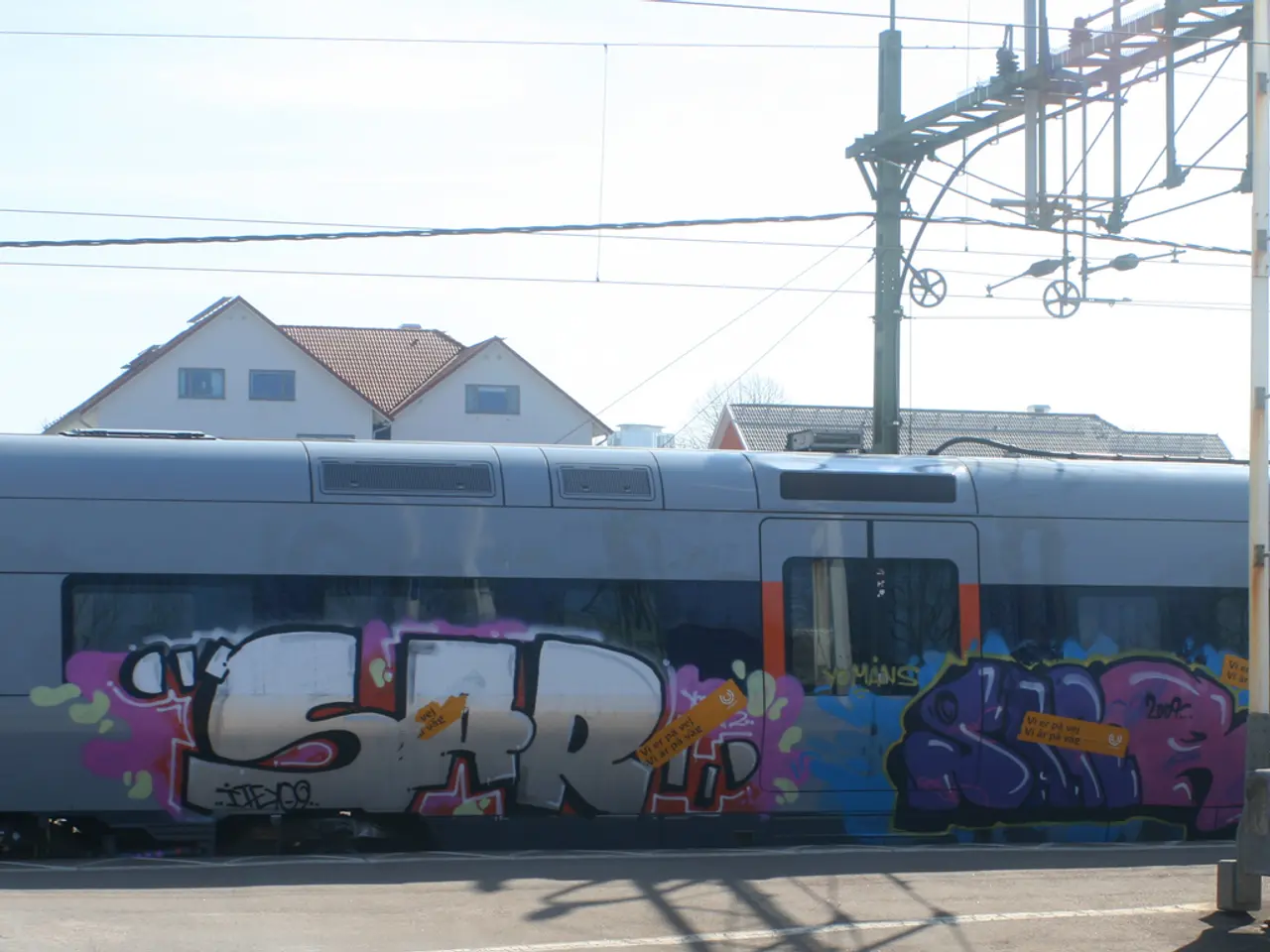Germany sets in motion its largest railway renovation initiative
The Hamburg-Berlin railway line is set for a significant overhaul, with renovation works scheduled to commence on August 1, 2025, and conclude on April 30, 2026. This nine-month project involves the renovation of over 180 kilometres of track, replacement of around 200 switches, construction of six new grade-separated junctions, modernization of signaling systems, and upgrading of 28 traffic control centres along the route.
This extensive work will have a considerable impact on train services. The entire 280-kilometre corridor will be fully closed during this period, affecting approximately 470 trains daily, including regional, long-distance, and freight trains. To maintain connections, intercity passenger trains will take a 100-kilometre detour, freight trains will be rerouted even further, and around 170 buses will operate daily to serve towns affected by the rail closures.
The costs of the renovation are rising, and there is criticism about the project's planning and execution. Deutsche Bahn faces a challenging situation, with the CEO acknowledging it as the biggest crisis in 30 years. The project forms part of a longer-term modernization plan expected to extend at least until 2036.
State Secretary Lange emphasizes the need for punctual, reliable, and safe connections in the local network, predicting a decade of renovations in German railway infrastructure. The construction measures are estimated to cost 2.2 billion euros.
Notably, the digital European train control system ETCS will not be installed during the renovation. However, the signal boxes will be prepared for its installation at a later date. The renovation of the line is expected to improve its condition from a grade of 3.7 to 2.2.
During the renovation of the line, regional traffic connections may be cancelled or run on partial routes. Affected commuters can switch to replacement bus services during the renovation. Trains will take an average of 45 minutes longer during the diversion.
The local network should not be neglected alongside the main lines during the renovations. The renovation project is one of many major construction sites expected for railway passengers in Germany.
References:
[1] Deutsche Welle. (2022, March 21). Hamburg-Berlin railway line to close for nine months for major renovation. Retrieved from https://www.dw.com/en/hamburg-berlin-railway-line-to-close-for-nine-months-for-major-renovation/a-58164611
[2] BBC News. (2022, March 21). Berlin-Hamburg railway line to close for nine months for renovation. Retrieved from https://www.bbc.com/news/world-europe-60769546
[3] The Local. (2022, March 21). Berlin-Hamburg railway line to close for nine months for renovation. Retrieved from https://www.thelocal.de/20220321/berlin-hamburg-railway-line-to-close-for-nine-months-for-renovation
The extensive railway project, with its budget of 2.2 billion euros, will involve improvements in various sectors, including finance, as the costs continue to rise. Furthermore, the modernization of the line is anticipated to have significant implications across transportation industries, as approximately 470 trains daily will be affected by the closures.




